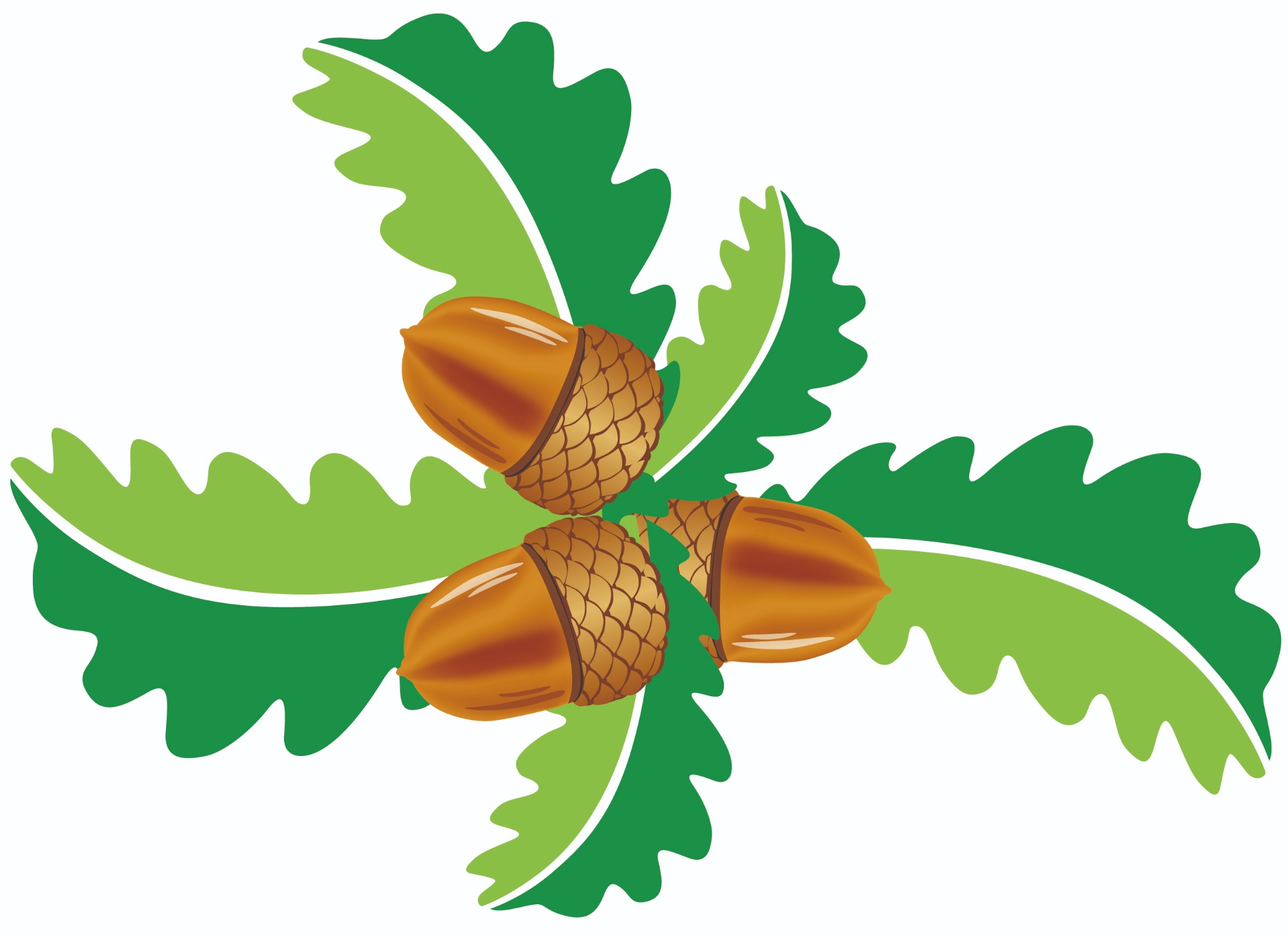Modern Foreign Languages
Modern Foreign languages - Italian
At Oakdale, we have chosen to offer Italian as part of our Language Curriculum, as Italian is spoken by 20% of our local community. We are keen to encourage, develop and provide challenge to our children from Italian backgrounds. Italian is taught by a qualified teacher, Mrs Michela Palmieri, who is appointed by the Italian Consulate General of Italy, in London.
Our intent: what do we want our pupils to achieve?
Our intent is to support children to develop their self-confidence and language skills to independently express their thoughts and feelings on a range of varied topics linked to everyday life.
At Oakdale, our main objectives are:
- To enrich the curriculum, encourage diversity and an acceptance and understanding of other cultures and ethnic groups.
- Promote British Values.
- Preserve tolerance and harmony between different cultural traditions by enabling students to acquire an appreciation for and respect their own and other cultures.
- Promote the early development of linguistic competence and oracy.
Implementation: How is Italian taught?
The Italian Curriculum is taught from Years 2 to 6. Each year group follows a yearly overview of topics and receives an hour of Italian per week, focussing on four key learning areas from the Chris Quigley (CQ) Essentials Curriculum, with each phase in school planning against milestones 1-3. It is progressive and builds on language skills as children move from Key Stage One through to upper Key Stage Two. Children will encounter at least one of the four key concepts in each lesson.
- Reading fluently
- This concept involves recognising key vocabulary and phrases.
- Write imaginatively
- This concept involves using key vocabulary and phrases to write ideas.
- Speak confidently
- This concept involves using key vocabulary and phrases to verbally communicate ideas.
- Understand the culture of the countries in which the language is spoken
- This concept involves the background knowledge and cultural capital needed to infer meaning from interactions.
Progression
Key Stage One
The actual teaching of Italian starts at Key Stage Two, however the children are provided with the opportunity, in Year 2, to build a growing awareness of the Italian language (structure and pronunciation) along with some basic vocabulary that is necessary for the next level of teaching.
Key Stage 2
In Key Stage Two, with a growing level of difficulty, starting from a mainly oral interaction with the language, the aim is to increasingly introduce the written word in order to allow the children to build reading and writing skills, along with speaking.
Assessment
Throughout the Italian topics taught, the Italian teacher will use formative assessment tools to impart and adapt learning, during the lessons. Summative assessment is in the form of an end of unit recap task sheet to allow children the opportunity to show pupils understanding of the topic studied. The children will also have an informal oral assessment in the form of role play, quiz games, conversations etc.
Websites for home learning:
